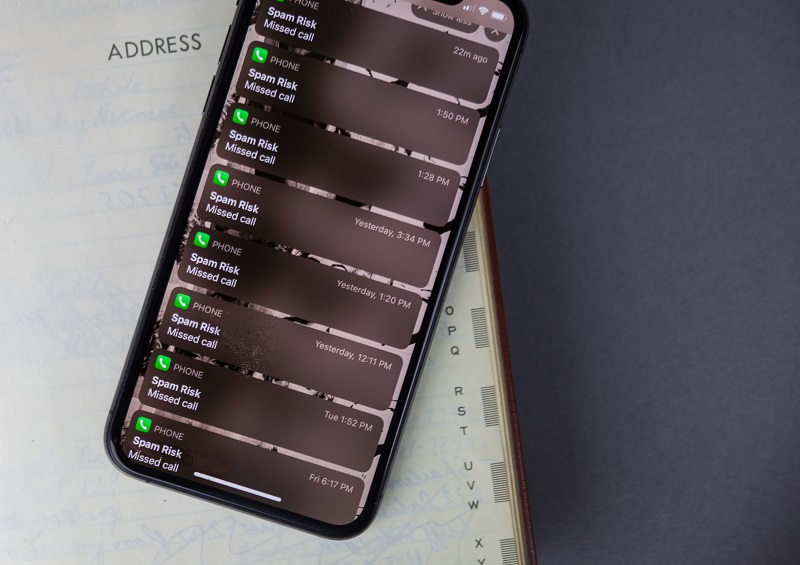
In a small win for the war to stop robocalls, The Federal Trade Commission (“FTC”) recently cracked down on three New Jersey brothers responsible for more than 45 million illegal robocalls.
CBS News says the offenders will pay $1.6 million in settlement charges.
According to the news article, most of these robocalls were made to consumers already on the FTC’s Do Not Call registry.
The spam calls were used to sell septic tank cleaning products.
A Small Drop in the Bucket
While 45 million illegal telemarketing calls may seem like a lot, it’s a small part of a much bigger problem in the United States.
According to the FCC, ”U.S. consumers received nearly 4 billion robocalls per month in 2020.”
Robocalls have become such a nuisance that, as of the end of June 2021, the FCC now requires phone carriers to adopt call authentication technology to help filter our spam phone calls.
The new technology standard is referred to as STIR/SHAKEN, described by the FCC below:
“STIR/SHAKEN is a framework of interconnected standards. STIR/SHAKEN are acronyms for the Secure Telephone Identity Revisited (STIR) and Signature-based Handling of Asserted Information Using toKENs (SHAKEN) standards. This means that calls traveling through interconnected phone networks would have their caller ID “signed” as legitimate by originating carriers and validated by other carriers before reaching consumers. STIR/SHAKEN digitally validates the handoff of phone calls passing through the complex web of networks, allowing the phone company of the consumer receiving the call to verify that a call is in fact from the number displayed on Caller ID.”
How to Protect Yourself from Robocall Scams
Many consumers might receive spam phone calls about things like extended car warranties or free vacations
The goal of these scammers isn’t always to sell a product. They may attempt to fool you into providing personal information they can pass along or sell to other companies.
The best ways to deal with robocalls in the moment include the following:
- Simply don’t pick up the phone if the call is from an unknown number.
- If you do pick up a call and realize it’s spam, do not speak. Simply hang up.
- Be skeptical of any caller that claims a matter is urgent or important.
- Never provide passwords over the phone. A business should never ask for this.
- Do not interact with any menu options presented by the caller, even if the option says ‘stop receiving calls.’
- Report the robocall to the FCC Consumer Complaint Center and/or the FTC Complaint Center
Take Legal Action Against Robocalls
Robocalls and telemarketing harassment can be illegal if it violates the Telephone Consumer Protection Act (TCPA).
Our experienced TCPA attorneys at Anderson + Wanca provide legal representation for those who want to file a lawsuit against robocalls or telemarketers.
If you are receiving spam phone calls and want to learn how to secure any damages you may be entitled to, contact Anderson + Wanca at (855) 827-2329.

